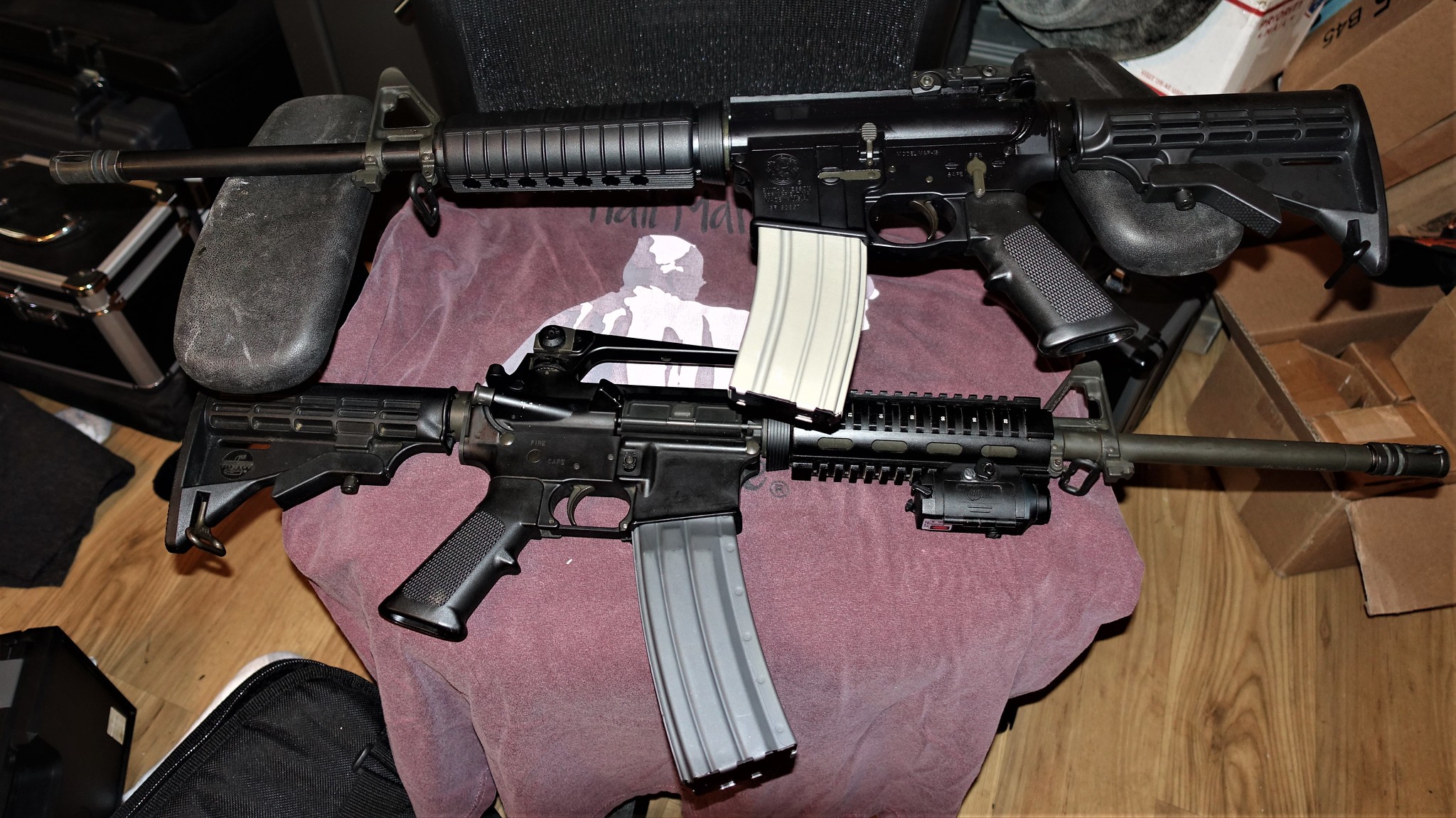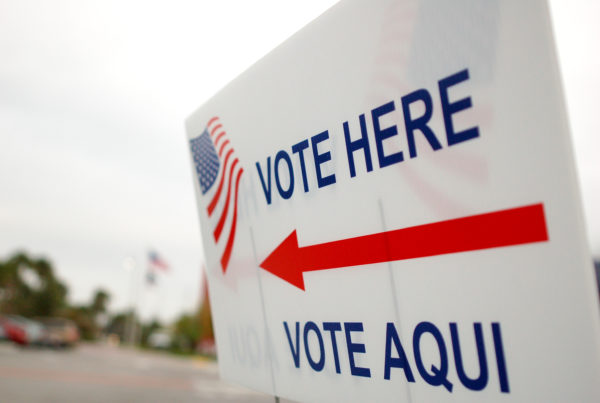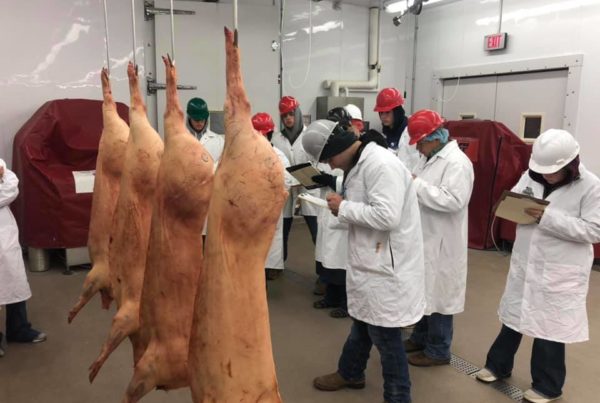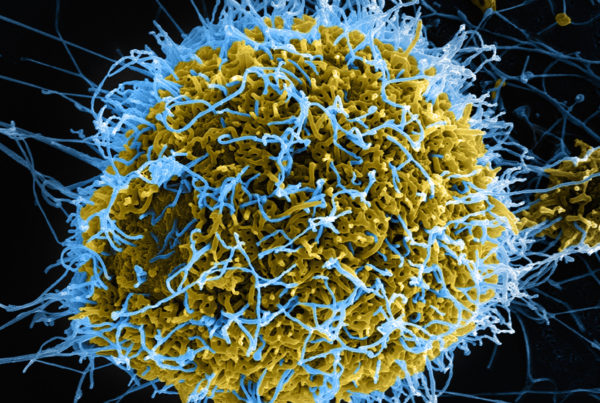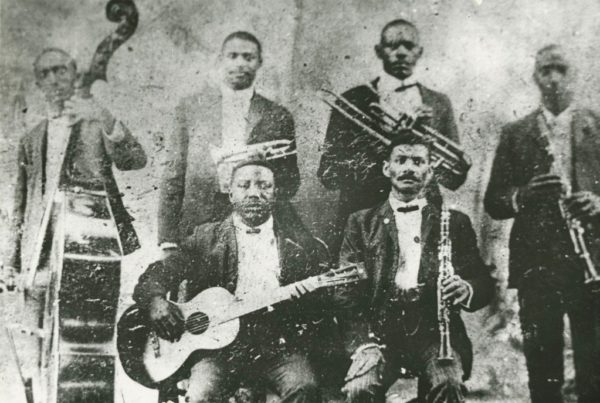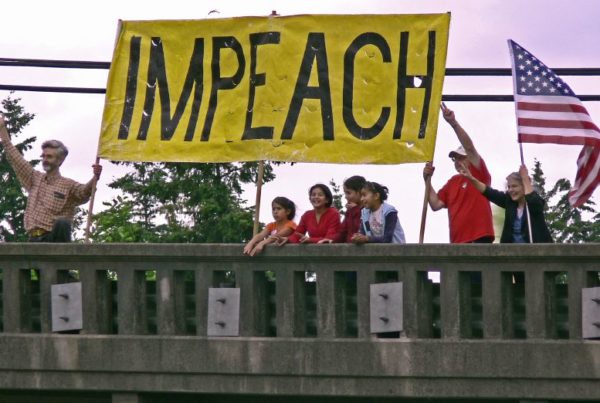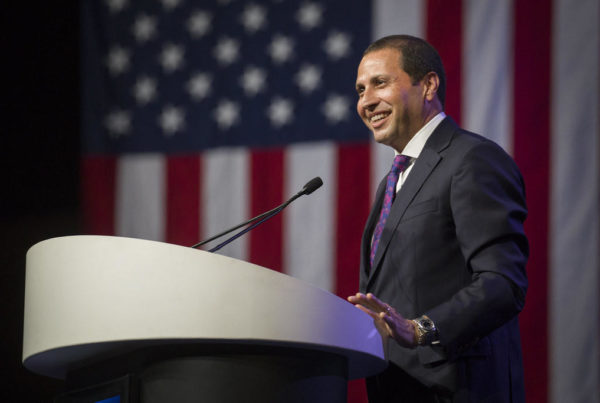Earlier this week, the Supreme Court handed a victory to victims of gun violence and their families, turning away an appeal brought by the firearms company, Remington. The court’s refusal to take the case will result in greenlighting a lawsuit over the Sandy Hook Elementary School massacre. Twenty first-graders and six adults were gunned down by a 20-year-old who was preoccupied with mass murders, and who was armed with a .223-caliber Bushmaster assault rifle, manufactured by Remington.
Adam Winkler is a professor of constitutional law at the University of California, Los Angeles. He says Sandy Hook parents argued that they “should be able to hold Remington liable because of the way Remington marketed and sold these military-style assault rifles.”
Gun makers generally have immunity from lawsuits based on damage done with their products, based on a 20-year-old federal law.
“One of the exceptions to the law provides that you can sue a gun maker if they market or sell a gun in a way that violates state law,” Winkler says.
Plaintiffs argued that Remington’s marketing violated Connecticut fair trade practices law.
Winkler says that it’s hard to know what message the U.S. Supreme Court’s decision not to hear the case is sending. It allows the Connecticut lawsuit to go forward. Winkler says others who want to sue gun-makers will be emboldened to do so by the Court’s inaction in this case.
The Sandy Hook plaintiffs still need to prove that Remington’s marketing violated the law, as they claim.
“The families here don’t really think they have great chance of holding Remington liable,” Winkler says.
Written by Shelly Brisbin.


